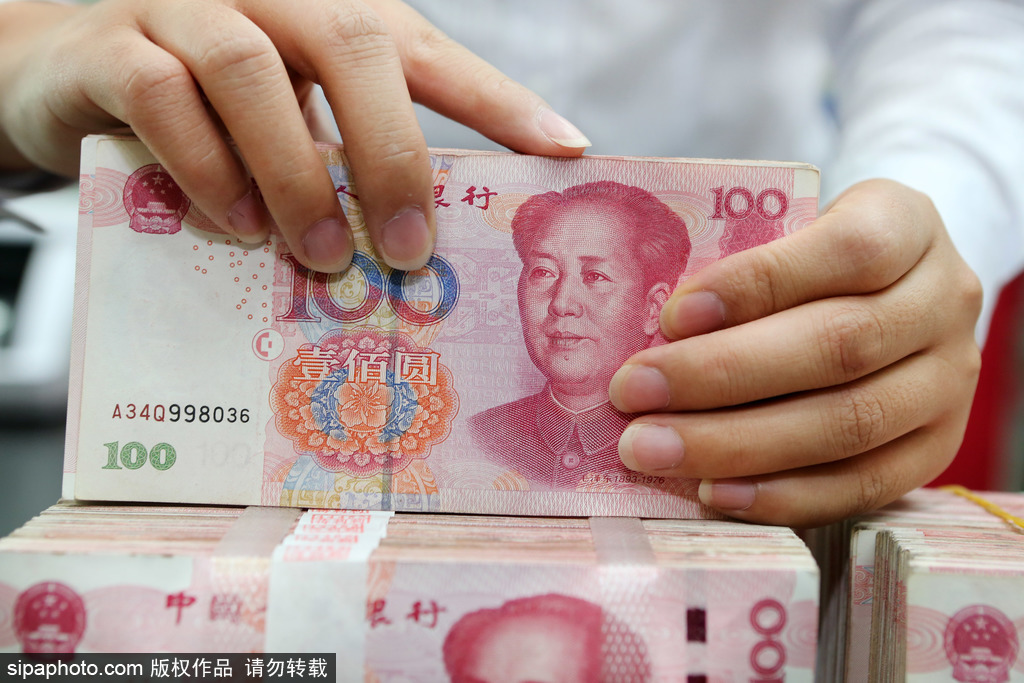Monetary scene unlikely to tighten now


Inflation concerns will not have a major bearing on policies, say experts
Policymakers are unlikely to tighten monetary policies in China despite rising inflation concerns due to the US central bank's dovish attitude toward its ultraloose monetary policy, experts said on Monday.
A stronger rise in China's producer prices in April, indicated by the year-on-year jump of producer price index to 6.8 percent from 4.4 percent in March, has put the monetary policy in spotlight, with concerns that the People's Bank of China, the central bank, may tighten monetary policy amid rising global inflation concerns.
But experts believe that the higher PPI inflation will not be a compelling factor causing PBOC to raise interest rates or constrain credit growth. If there is some inflation pressure on Chinese policymakers, it may be largely imported from overseas, triggered by global factors such as demand stimulus in major developed economies and a shortage in raw material supply due to the lingering novel coronavirus cases, said Wu Ge, chief economist of Changjiang Securities.
Data released last week indicated that consumer prices in the United States rose by 4.2 percent on a yearly basis in April, the biggest rise since 2008, fueling concerns that the US economy is overheating.
The unexpected jump in inflation came before the US Federal Reserve's next policy meeting on Wednesday, and investors expect more cues on the Fed's monetary moves.
By far, the Fed has reiterated that the increase in inflation is a temporary phenomenon, and Fed Chairman Jerome Powell has indicated that it was still "a long way" from withdrawing any monetary support.
Strong growth outcomes and a loose monetary policy in the US make the return of inflation all the more likely. An "inflation overshoot" is among the top downside risks for global economic outlook in the coming months, analysts said.
Economists from US investment firm Morgan Stanley expect the Fed to signal its intentions to taper asset purchases at its September meeting, formally announce it in March next year and start tapering by April in 2022. They expect the Fed to start rate hikes in the third quarter of 2023, after inflation has been sustained at or above 2 percent for some time and the labor market has reached maximum employment.
In China, however, some economic activity indicators in April have shown slower growth, especially in fixed-asset investment and household consumption, although industrial production continued to see steady growth, the National Bureau of Statistics said on Monday.
Beijing may put monetary policy tightening on hold for now and observe the pace of recovery. The probability of a rate hike by the PBOC, or the normalization of monetary policy, has declined, according to Zhang Zhiwei, chief economist of Pinpoint Asset Management.
Attempts to prevent any weakening of domestic demand momentum would pose a dilemma for policymakers, as it will lead to pressure to pursue a more pro-growth macro policy that could increase financial risks and leverage, said Louis Kuijs, head of Asia Economics at Oxford Economics, a British think tank.
Economists said that any policy rate hike or a tightening of the financial conditions in China would increase borrowing costs, weighing on corporate confidence.




































